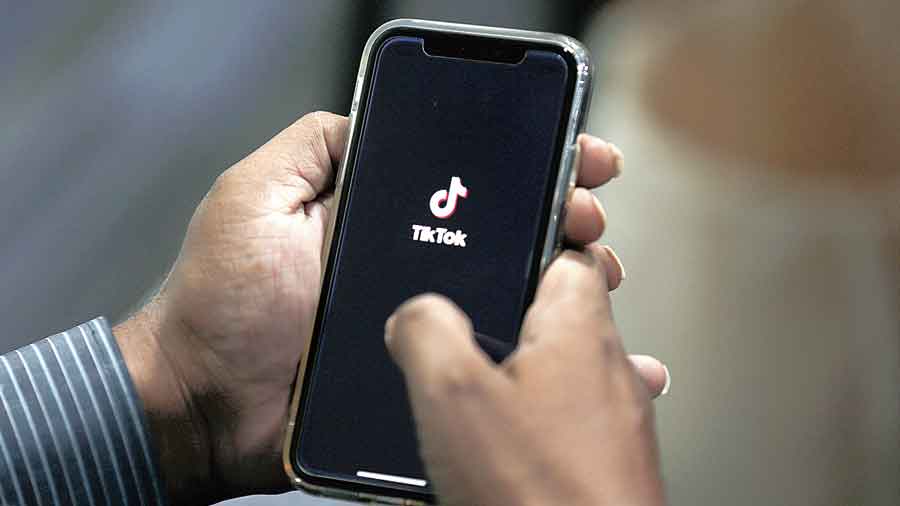ByteDance, the Chinese Internet giant that owns TikTok, has offered to sell all of the popular video app’s American operations as a way to save the business from being banned by the Trump administration, a person with knowledge of the matter said on Saturday.
President Trump had told reporters on Friday that he was considering various options for TikTok, including banning it. White House officials have said the app may pose a national security threat because of its Chinese ownership.
India, one of TikTok’s largest markets, banned the app in June, citing security concerns. That helped prompt the Trump administration to consider with greater urgency whether TikTok should be curbed in the US as well.
ByteDance’s offer to completely divest TikTok’s American operations was reported earlier by Reuters.
It was not clear whether the Trump administration would accept the divestment as a sufficient response to its concerns. ByteDance had previously sought to keep a minority stake in TikTok’s American operations, but the administration rejected that, according to the person with knowledge of the matter, who spoke on the condition of anonymity because the discussions are confidential.
Microsoft and other companies have been in talks to buy TikTok, but a deal has not yet been reached, the person added. The proposed divestment would not necessarily affect the company’s operations outside the US. TikTok has offices and users around the globe. It has said it has 100 million users in the US.
“While we do not comment on rumours or speculation, we are confident in the long-term success of TikTok,” a company representative said on Saturday.
Pressure on TikTok has been building for months. Last autumn, the Committee on Foreign Investment in the United States, or Cfius, began examining ByteDance’s 2017 purchase of Musical.ly, a video app that was later merged into TikTok.
Lawmakers and White House officials have also expressed concerns that TikTok data could be made available to the Chinese government, which the company has repeatedly denied.
Excising TikTok’s US operations from the rest of the company could be complicated. TikTok has been hiring engineers in the US, but engineers in China have been crucial in developing and running the app. TikTok this year hired a top Disney executive, Kevin Mayer, as its chief executive as part of an effort to emphasise its autonomy within ByteDance, which is headquartered in Beijing.
TikTok has become the first Chinese Internet service to win a large global following. And in the process, ByteDance, which was founded in 2012, has become one of the world’s most valuable start-ups. It was recently valued at around $100 billion, according to the research firm PitchBook.
But TikTok’s rise to prominence has coincided with a deepening rift between the US and China over technology, trade, human rights and much else.
In a video message posted on Saturday morning, Vanessa Pappas, TikTok’s US general manager, said that TikTok had 1,500 employees in the US.
“We’re not planning on going anywhere,” Pappas said.
If Microsoft were to succeed in acquiring TikTok’s US operations, it would fit a pattern of deal making under the software giant’s chief executive, Satya Nadella.
Under Nadella, who became Microsoft’s chief in early 2014, the company has made three major acquisitions totalling more than $35 billion: Mojang, the creator of popular online video game Minecraft; LinkedIn, the professional social network; and GitHub, an online network for software developers.
All three are online communities that require large and sophisticated computing capability to operate — and to scale up for further growth.
Unlike other potential TikTok acquirers like Facebook and Google, Microsoft would probably not be stopped by antitrust challenges.
Other than its gaming business, Microsoft is mainly in business technology markets.
And TikTok may also view Microsoft as a safe landing spot. Nadella has allowed Minecraft, LinkedIn and GitHub to keep operating largely independently.
Microsoft, analysts said, has taken a patient stance with all three, adding resources to each and seeing how they develop rather than applying management controls from headquarters to seek higher profits quickly.
Microsoft declined to comment.
New York Times News Service











